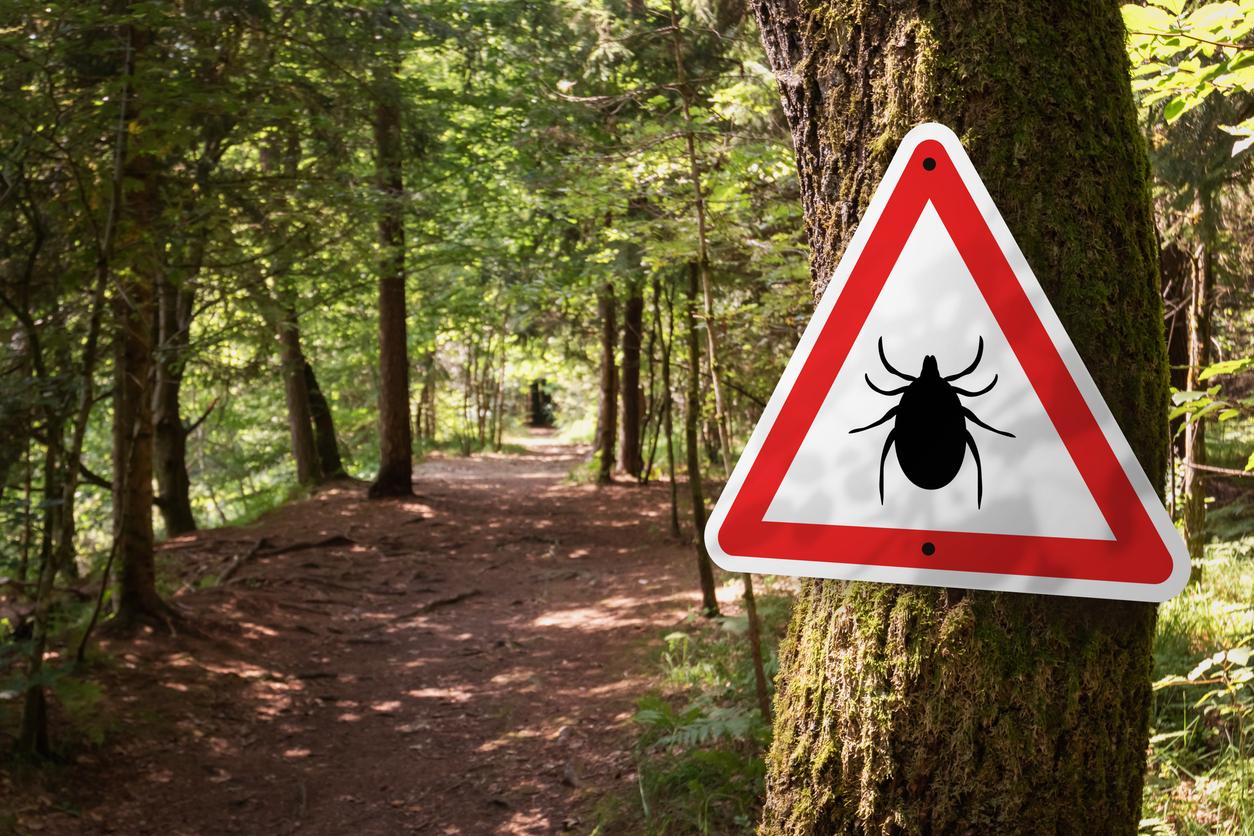How to Prevent Rickettsial Diseases from Ticks in Connecticut

How to Prevent Rickettsial Diseases from Ticks in Connecticut
Summary
With the rise of Rickettsia parkeri rickettsiosis in Connecticut, awareness of tick-borne diseases is crucial. This new rickettsial disease, carried by the Gulf Coast tick, has expanded its range into the Northeast. Preventing tick bites and understanding the signs of infection are essential for staying safe.
Features
• Tick Protection: Wear long sleeves, pants, and closed shoes.
• Repellents: Apply DEET or permethrin-based products on clothing and skin.
• Tick Checks: Perform thorough tick checks after spending time outdoors.
• Proper Removal: Use fine-tipped tweezers to remove ticks, pulling gently.
• Landscaping: Keep yards clear of tall grasses and brush to reduce tick habitats.
• Pet Care: Ensure pets are treated with veterinarian-approved tick preventatives.
Guide Description
Rickettsial diseases, like Rickettsia parkeri rickettsiosis, are spreading in Connecticut due to the movement of the Gulf Coast tick, which carries this pathogen. This tick has been migrating northward, potentially due to warmer temperatures, and has been found in parts of Connecticut. The disease is similar to Rocky Mountain spotted fever and can cause severe health issues if not treated.
Preventing tick bites is key. When spending time outdoors, especially in areas with high grass or wooded spaces, always wear protective clothing such as long sleeves, pants, and socks. Insect repellents with DEET or permethrin should be applied to exposed skin and clothing.
After being outside, check your body, especially areas like behind the ears, the neck, and underarms, for ticks. If you find a tick, remove it carefully using fine-tipped tweezers, pulling straight out to avoid leaving parts behind.
Keeping your yard tick-free involves landscaping strategies like removing tall grasses, brush, and piles of leaves. If you have pets, make sure they are treated with effective tick preventatives, as ticks can easily latch onto animals.
- Maanas Mehta


Comments 0